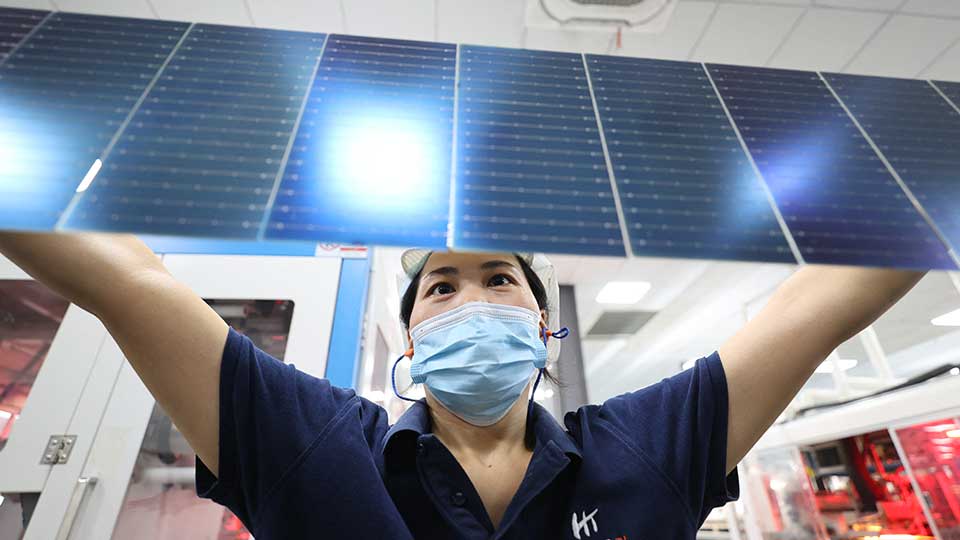
Energy issues are widely expected to be very high on the agenda at the upcoming Forum on China-Africa Cooperation summit that gets underway on September 4th in Beijing.
Most African countries are facing chronic power shortages that are increasingly exacerbated by the effects of climate change, as is the case in Zambia where drought may prompt the closure of the Kariba hydroelectric dam.
For the Chinese, the focus is going to be on expanding new markets for distributed renewable energy technologies, namely low-cost solar energy solutions that are well-suited for Africa’s fragmented energy market.
This alignment of intense African demand for affordable energy technology and China’s growing dominance in the space could position parts of the continent “to leapfrog traditional sources of power,” according to a new research note from the Beijing office of South Africa’s Standard Bank.
“Africa must make the most of this convergence of Africa’s energy shortage, along with the improving feasibility of renewables and China’s global leadership, which has created a “gateway” for robust areas of collaboration between China and Africa,” said Standard Bank’s Asia Economist Jeremy Stevens and Senior Political Economist Simon Fremantle.
Key Highlights of Standard Bank’s Research Note on China-Africa Energy Issues at FOCAC
- NEW PRIORITIES: FOCAC must provide a platform to promote green and low carbon projects and incorporate eco-environmental protection into all aspects for the sustainability of investments and of pathways to sustainable growth.
- SKILLS TRANSFER: There must be a local need for the asset; projects must involve local participation, transfer of skills to local workers, and sometimes involve inequitable profit-sharing arrangements.
- SUPPORT INDUSTRIALIZATION: Renewable energy offers an opportunity to test China’s commitment to Africa’s industrialization and the support for localized manufacturing. Given the complex business and political climates of many developing countries where these projects take place, the difficulty in conducting thorough analysis is often amplified.
WHY IS THIS IMPORTANT? There seems to be near-perfect alignment between China and African countries on the suitability of deploying Chinese renewable energy technology to eliminate power shortages that plague much of the continent.
The key, though, is going to be on the financial model that’s employed to implement these projects. Most African countries cannot take on more debt and Chinese companies have become a little bit more risk averse. So, coming up with the right infrastructure financing model is going to be a critical area of interest for analysts watching what happens at FOCAC.
SUGGESTED READING:
- Standard Bank: China’s renewable energy interest in Africa by Jeremy Stevens and Simon Freemantle
- The China-Global South Project: Empowering Africa: How Host States Can Influence Chinese-Supported Power Projects by Naa Adjekai Adjei
